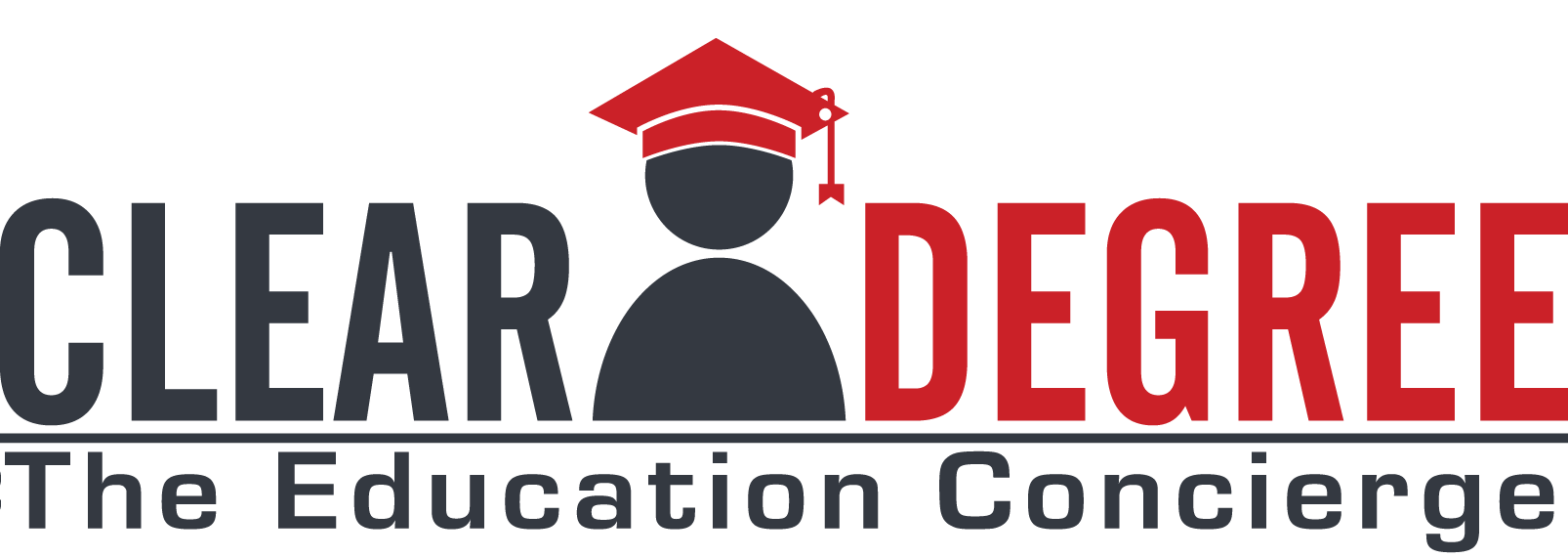Choosing The Right Education: What Do You Care About?

In this video he says that “most people continue to parent their children based on what they think other people think of them, not by listening to their actual children.”
He preaches that the answers are there for raising kids into happy adults, but when it comes to us parents, we “just care what your neighbor thinks about your kid…what your mother thinks about your kid…what your sister thinks about your kid…instead of actually listening to your kid.”
It struck a nerve with me. In fact, I’ve been saying that a big part of the student debt problem today is that over the last 20-30 years, parents made choices for their kids based on perception. On tap of that, they were egged on by colleges and a higher ed ecosystem that is eager to feed into those perceptions. Look no further than the recent admissions bribing scandals at USC, Yale and other colleges to see that in the extreme.
What I’m still seeing is that there are still some adult working professionals falling into the perception trap when looking to continue their education. I want to point out a few of the the benefits that can be gained when you take a step back and decide what it is that you really should care about when choosing the right education, such as…
Caring more about the education than the brand.
There are well known schools with highly “ranked” programs that cost literally 4-5x a program with the same quality of education. For most of us, you can afford to care more about the degree program and less about where you get it when you fully engage in the educational experience and leverage the expertise of your faculty and classmates.
Caring more about the knowledge gained and less about the degree name.
Not everyone in business has to get an MBA. Not everyone needs a Masters degree when a graduate certificate may teach you just as much about getting and succeeding in your next job role. An undergrad degree in business may be less effective than, for example, a degree in consumer science. After all, it’s about what you know isn’t it?
Caring more about fitting the degree program around you than the other way around.
There is still a lingering question with some about the “quality” of an online degree program. The fact is that an online degree provides far more options, more individualized learning opportunities and can offer more access and flexibility for a student that is right for the format. Most importantly, don’t squeeze yourself into a ground campus that isn’t a fit for your situation just because you assume that it’s better. If you can make driving to a campus and attending class in person work for you, you should do it if it fits what you want out of a degree program. Otherwise consider your options.
Caring more about the traditional “path” than the practical path.
Community colleges are often the best possible option, regardless of age. Taking a CLEP test instead of sitting through two semesters of English 101/102 can save not only money but literally months of time. Paying 3-20x the cost for a gen ed just to sit in class because of “tradition” is just silly. If you care about where you’re taking “US History Since 1865” more than how much you’re spending to take it, then I have some other things I’d like to sell you.
If you work at an organization where educational pedigree matters, then obviously these mantras may not be for you. But for the other 90% of us, finding a way to get into a quality program, paying a reasonable price and being able to apply the knowledge sooner than later is what counts.
If you can focus on what works for you and less on what others may think of your choices, you’ll probably end up making the smartest possible decision.
Once you’ve decided what you care about, if you need help finding the right degree based on what’s important to you and/or your company, be sure to check out how we match a school to you, not the other way around.
